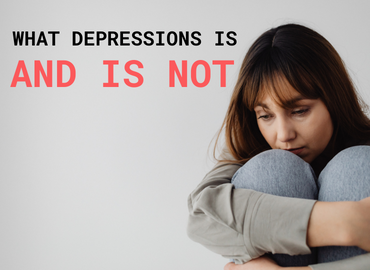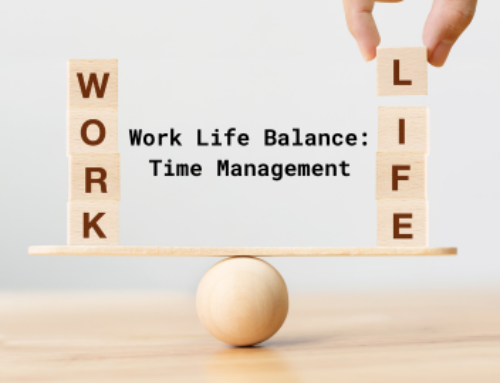What Depression Is and Is Not
Rochester Holistic Psychiatry treats many people with depressive disorders, particularly major depressive disorder, or MDD. Today, we’ll refer to “depression” as a blanket term for depressive disorders.
Depression is not just sadness. Sadness is a classic symptom of depression—feeling “blue,” or “down.” But there are so many other aspects of depressive disorders. Depression is a blend of emotions, and everyone has their own mix.
Depression isn’t always visible. Someone may do their job just as well as usual or put on a good face around family and friends and still be in pain. When someone suffers from depression, they do not carry an “I am depressed” sign on their foreheads. Check in with people from time to time. Go with your gut, but at the same time, let them tell you what they need. Make sure they know you are trustworthy and truly want what’s best for them. Let them know that they can talk to you and that you want to help, not judge. Here are a few of the more recognizable signs of depression:
− Withdrawal and lack of interest in accustomed and/or enjoyable activities.
− Changes in personal habits, like oversleeping or not eating much.
− Lack of focus that often leads to confusion and disruption of the sufferer’s routine.
− Anger and irritability. The pain of depression and its negative influence on daily life are upsetting.
Depression is not a trifling matter. It’s a sad fact that so many people suffering from depression are treated as if they’re whining, unable to take the pressures of life. If someone in your life has depression, err on the side of kindness and listen to them. Keeping a listening ear is one of the best things the friends and families of a person suffering from depression can do.
Depression is not something you can just shake off. That is the last thing a person with depression needs to hear. In general, if someone with depression could “snap out of it” in a moment, they would. Fortunately, there are many methods used to assist with managing depressive disorders, and many people achieve remission. That is always the goal. Check out our testimonials page for some words from our patients.
Always start by consulting your general physician. Explain your symptoms, your worries, and where your quality of life is lacking. It’s a good idea to keep a journal so you can note extremes and patterns in areas like these:
− Mood swings over hours, days, or weeks.
− Insomnia versus wanting to sleep a lot.
− Fatigue that persists regardless of adequate or even too much sleep.
− Loss of appetite versus the urge to overeat.
− Feelings of despair.
− Persistent bad mood regardless of how well life is going or how good the sufferer’s day was.
If you suspect you have depression, always start by talking with your general physician, as mentioned above. To make an appointment or ask any questions, contact us on our website or call (585) 442-6960.





